Social media has changed how we connect, share, and engage with the world. While it’s a powerful tool for communication and innovation, hidden downsides subtly alter society’s fabric. Here are 18 trends quietly reshaping our interactions, perspectives, and priorities.
Algorithmic Control Over Content Consumption

Social media platforms are designed to keep users hooked, and they do so by providing tailored content using algorithms. These algorithms limit users’ access to diverse perspectives, reinforcing their existing beliefs and making it harder for them to understand different viewpoints.
Normalizing “Highlight Reels” and Comparison Culture
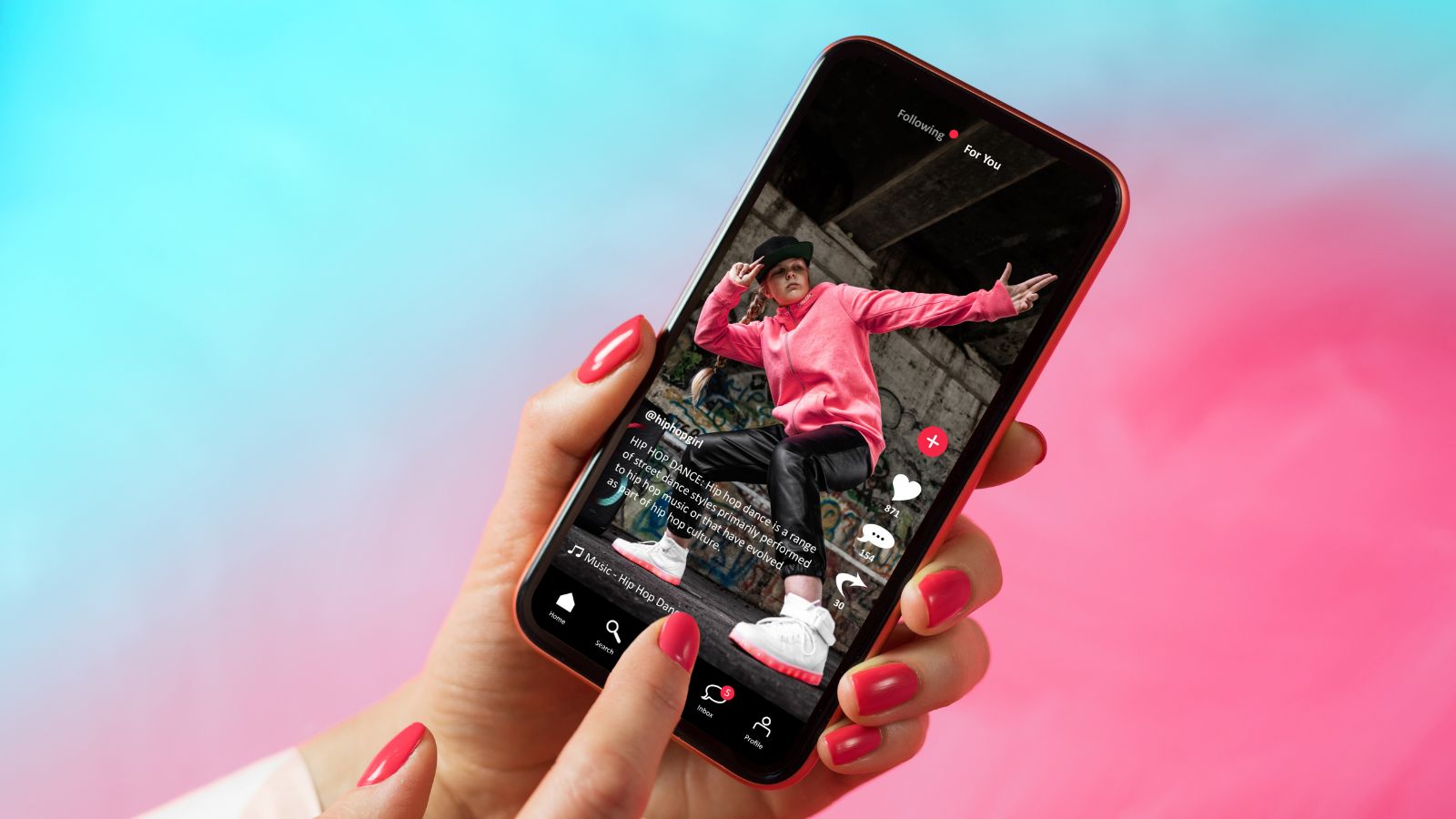
Most social media content consists of perfect photos and exciting stories, encouraging users to showcase only the best of what they have. This trend results in people comparing the normal of their lives to the filtered “perfect” of the social media world. As a result, anxiety, low self-esteem, and even depression increase among users.
Rise of Cancel Culture
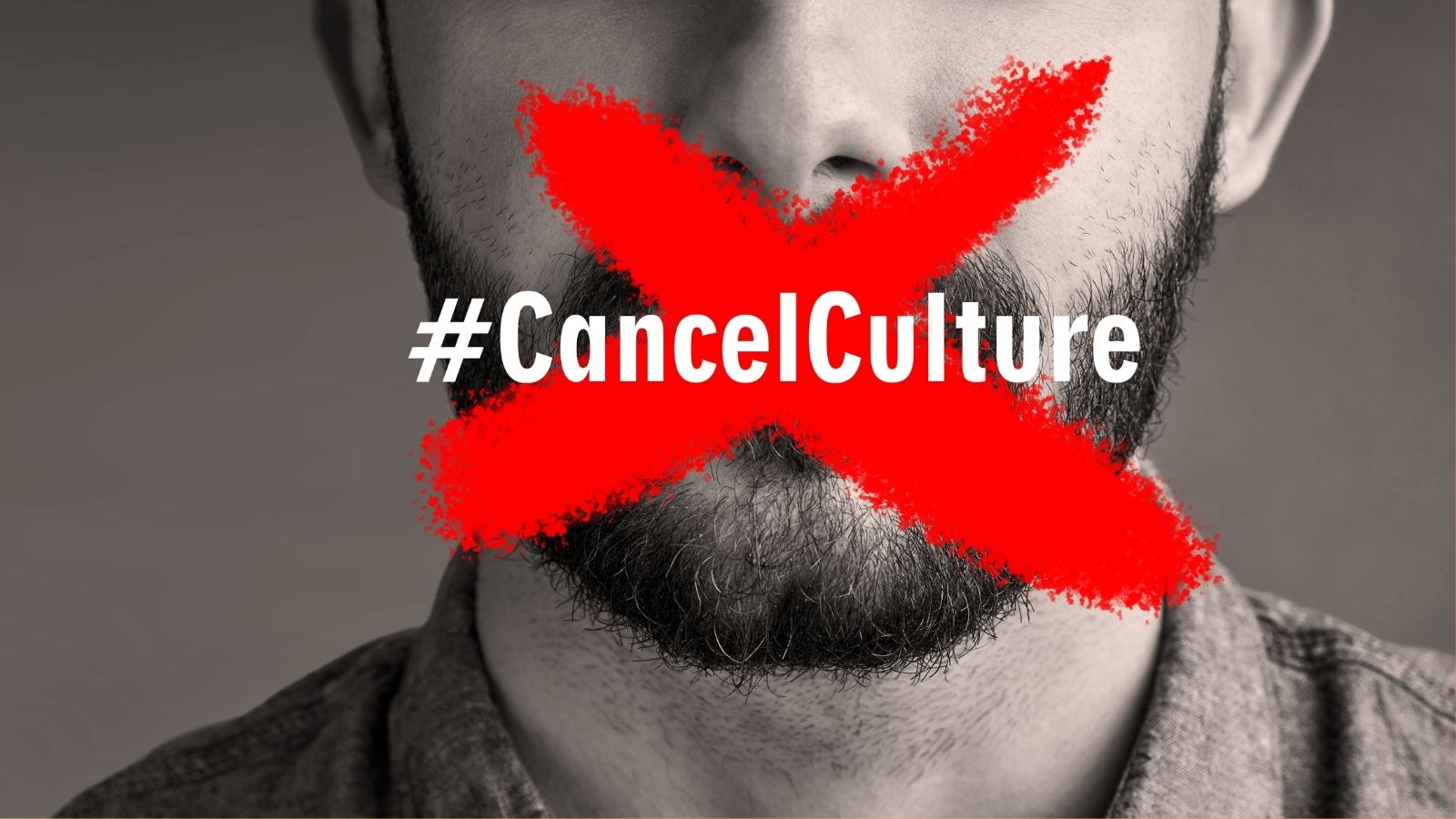
Cancel culture is the blatant shaming and ostracizing of individuals over their blunders or controversial statements or actions. While it encourages accountability, it can also lead to impulsive, harsh judgments that are often unfounded. Cancel culture can also erode any possibility of redemption or growth.
Addiction to Validation
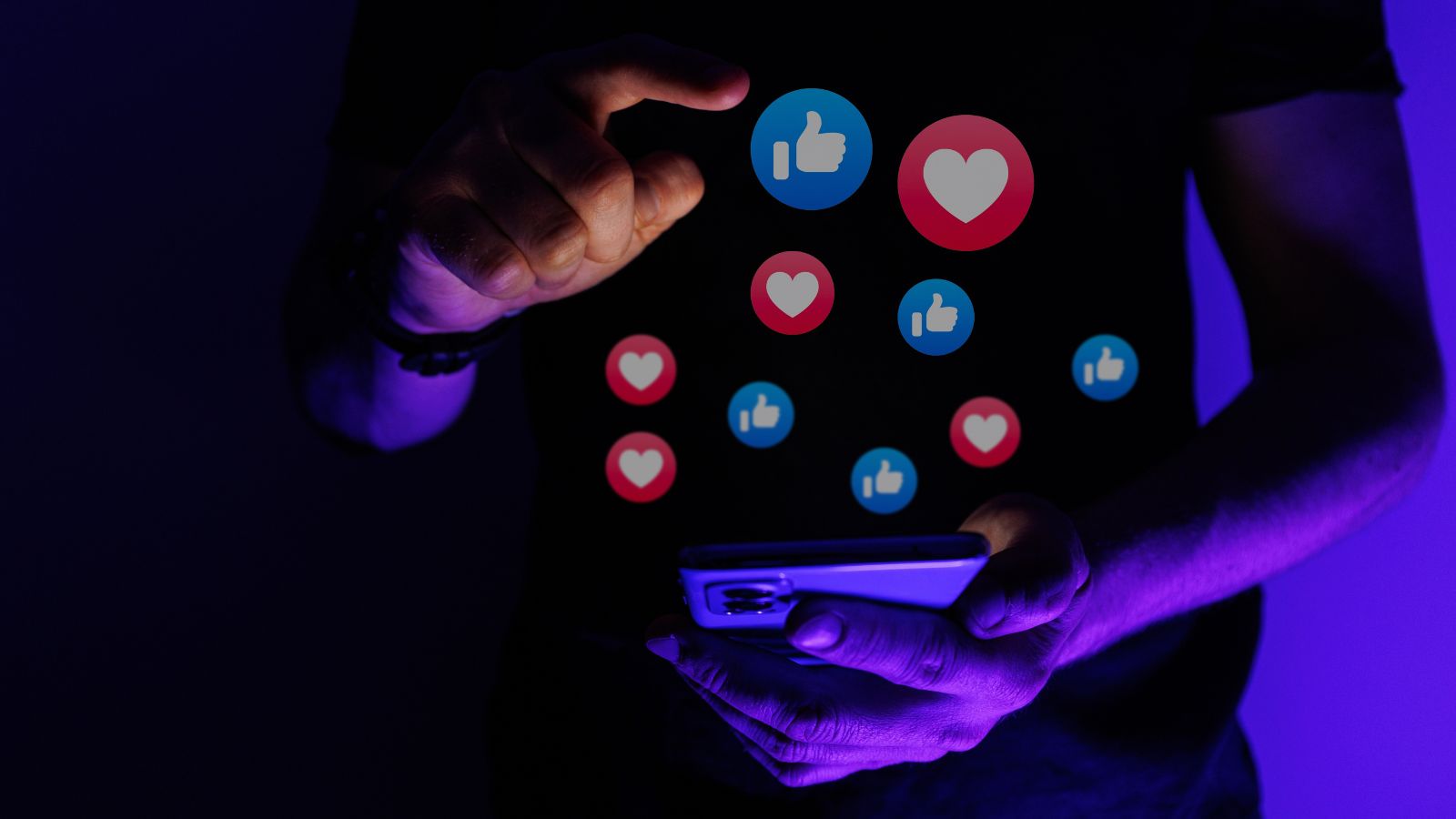
Social media has made the masses follow validation through likes, shares, and comments, which makes users more anxious. The users start judging their self-worth based on how good their posts are, making them dependent on others’ validation to feel valuable or seen.
Increasing Spread of Misinformation and “Fake News”
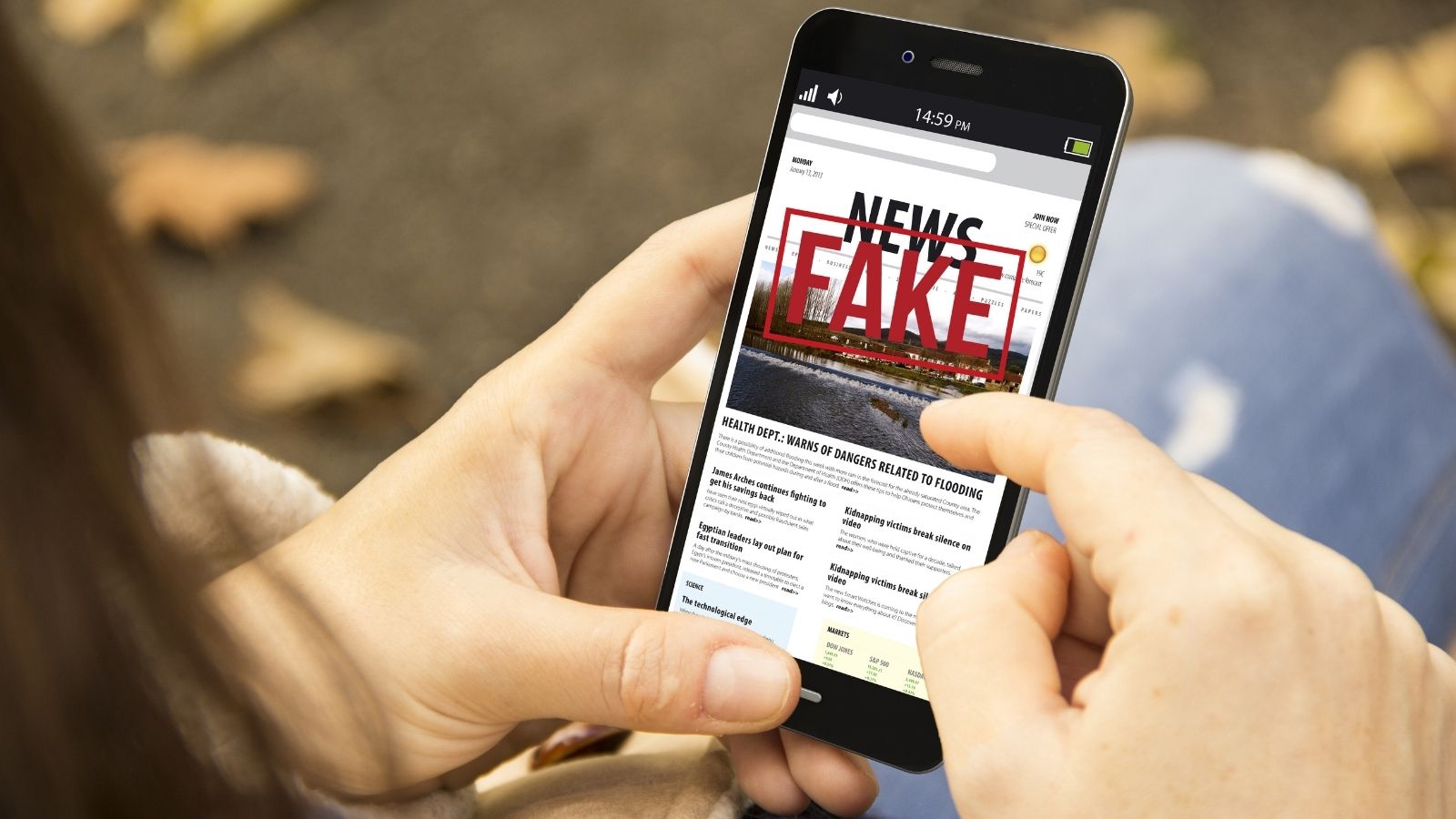
Rumors and fake news spread like wildfire on social media, making it difficult to discern between fact and opinion with every passing day. This can impact the credibility of even the most reputed news sources, making people question the truth even when their neighboring town has been ravaged by flood or any other calamity.
Influencer Worship and Unrealistic Expectations

The world of social media is dominated by influencers who seem almost perfect and have everything figured out. They have set unrealistic standards of beauty, fitness, wealth, and lifestyle that younger generations are constantly chasing. This sets the trend of people glorifying the influencer’s lives while being dissatisfied with their own.
Shortened Attention Spans
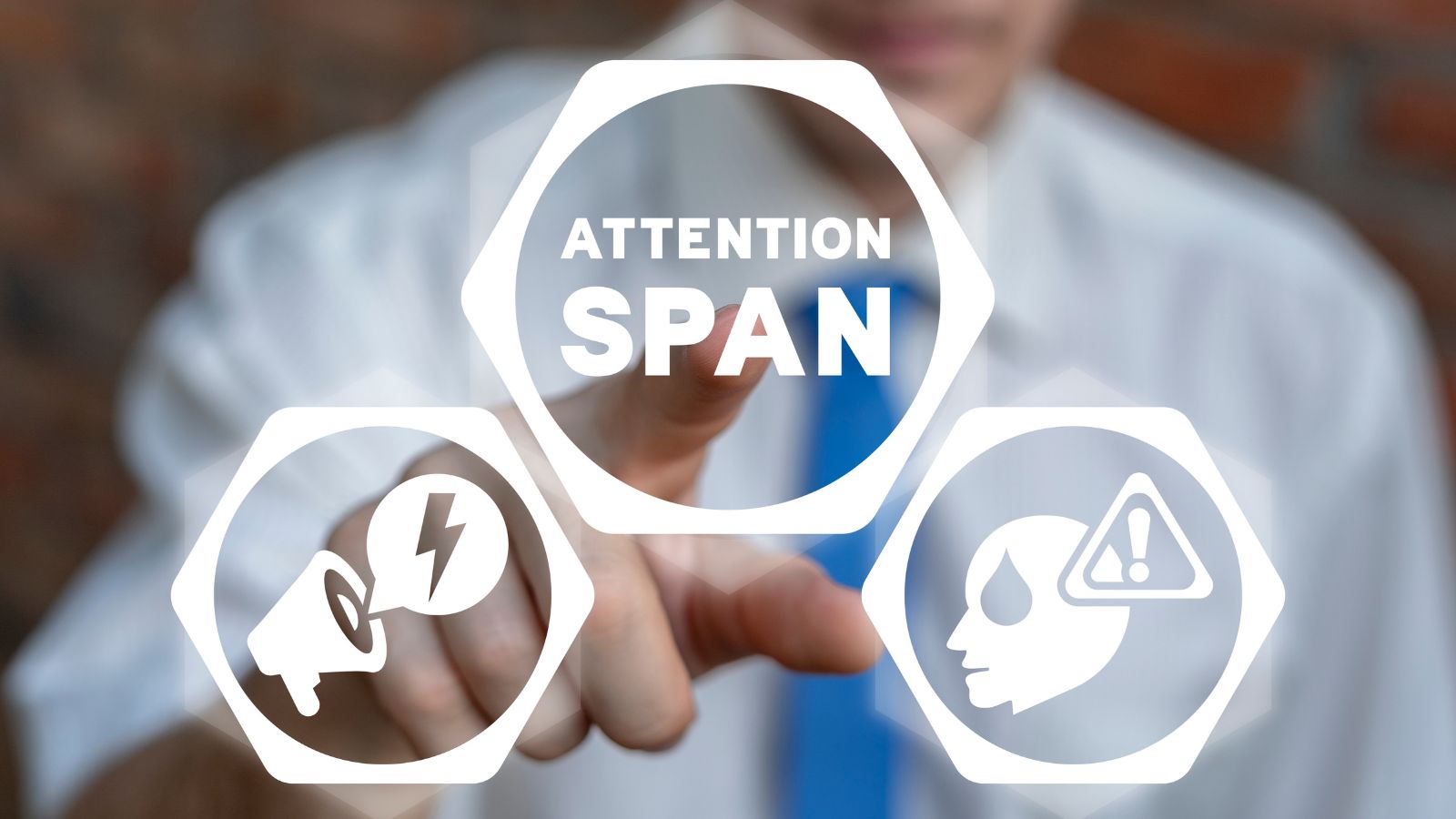
The regular use of TikTok, Instagram Reels, X, and similar platforms is shortening users’ attention spans. The short, quick-hitting content these platforms promote trains users for fast consumption, making it harder for them to have the patience and attention for longer, more complex topics. This also impacts users’ critical thinking skills.
Oversharing and Privacy Erosion
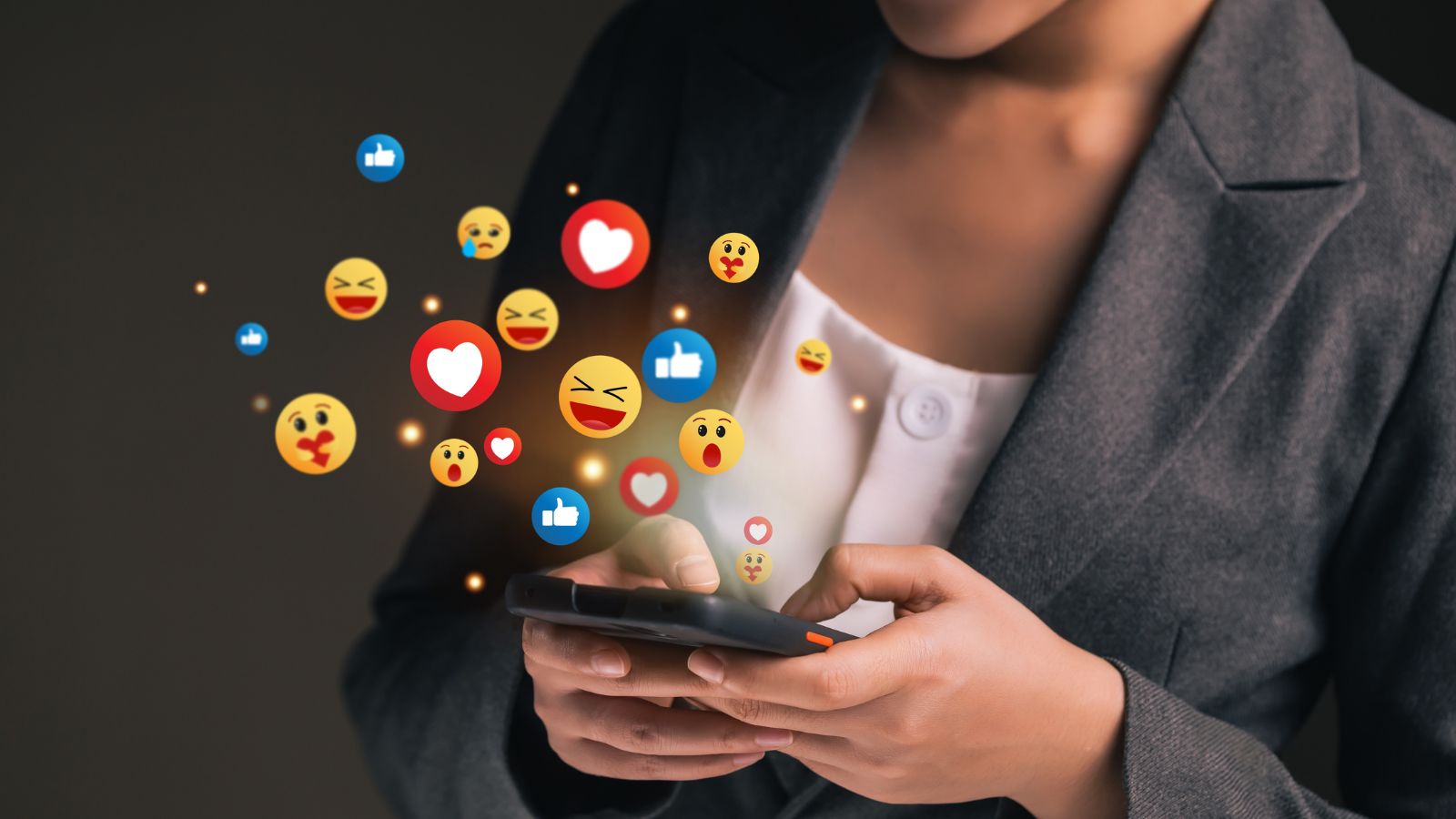
Social media has permeated users’ lives, with many sharing nearly every aspect of their lives online. Sharing such details significantly puts users’ privacy at risk and exposes them to identity theft and stalking. It can also impact their mental health and make them think strangers are their friends when they aren’t.
Virtual Personas and Dissociation

Social media is increasingly used to escape reality, and people often use it to create an idealized or exaggerated online persona. This can disconnect them from reality and even from their true selves. Consequently, they suffer from an identity crisis and even from feelings of being lost.
Emergence of Deepfake Technology

Hackers often exploit the photos and videos people share online to make deepfakes. These are then used to impersonate the victim and scam his close ones and also for other similar identity theft-related crimes.
Cyberbullying and Online Harassment
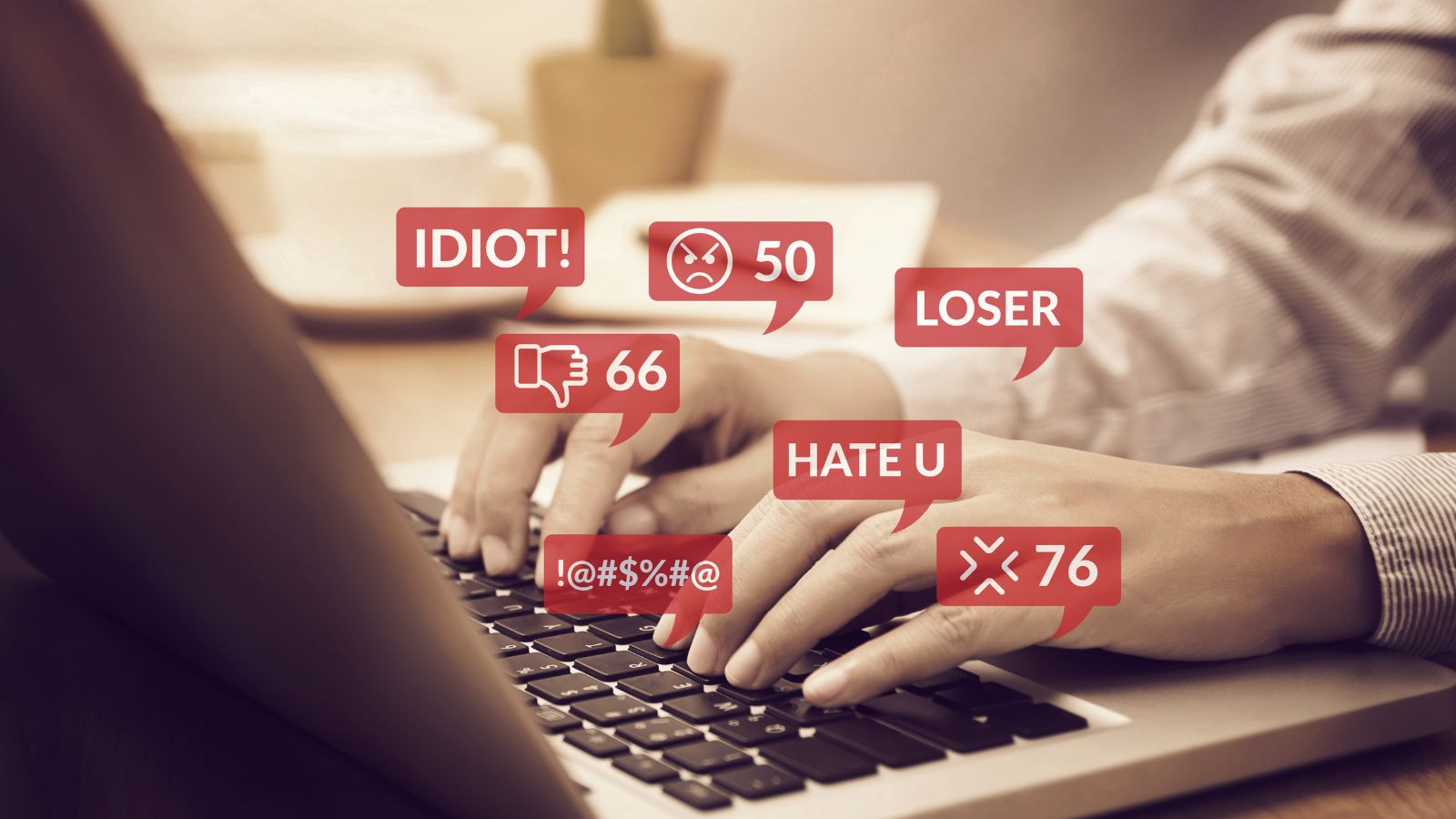
The anonymity provided by social media is often exploited by ill-intentioned people in bullying and harassing people online. These attacks can be relentless, difficult to escape, and usually go unpunished, making it harder for the victims to find closure or even recover from severe mental health traumas.
Clickbait and Sensationalism

The business of content creators and media outlets works entirely on how much engagement and clicks they generate. This often leads to the spread of sensationalized or misleading headlines whose sole purpose is attracting attention. This comes at the cost of quality and accuracy and causes the masses to panic or become outraged at nothing.
Rise of “Doomscrolling”

Social media platforms have become saturated with negative or anxiety-inducing news, which the users are scrolling through more and more each day. This can negatively impact their thought patterns and can also lead to feelings of helplessness, anxiety, and depression.
Echo Chambers and Polarization
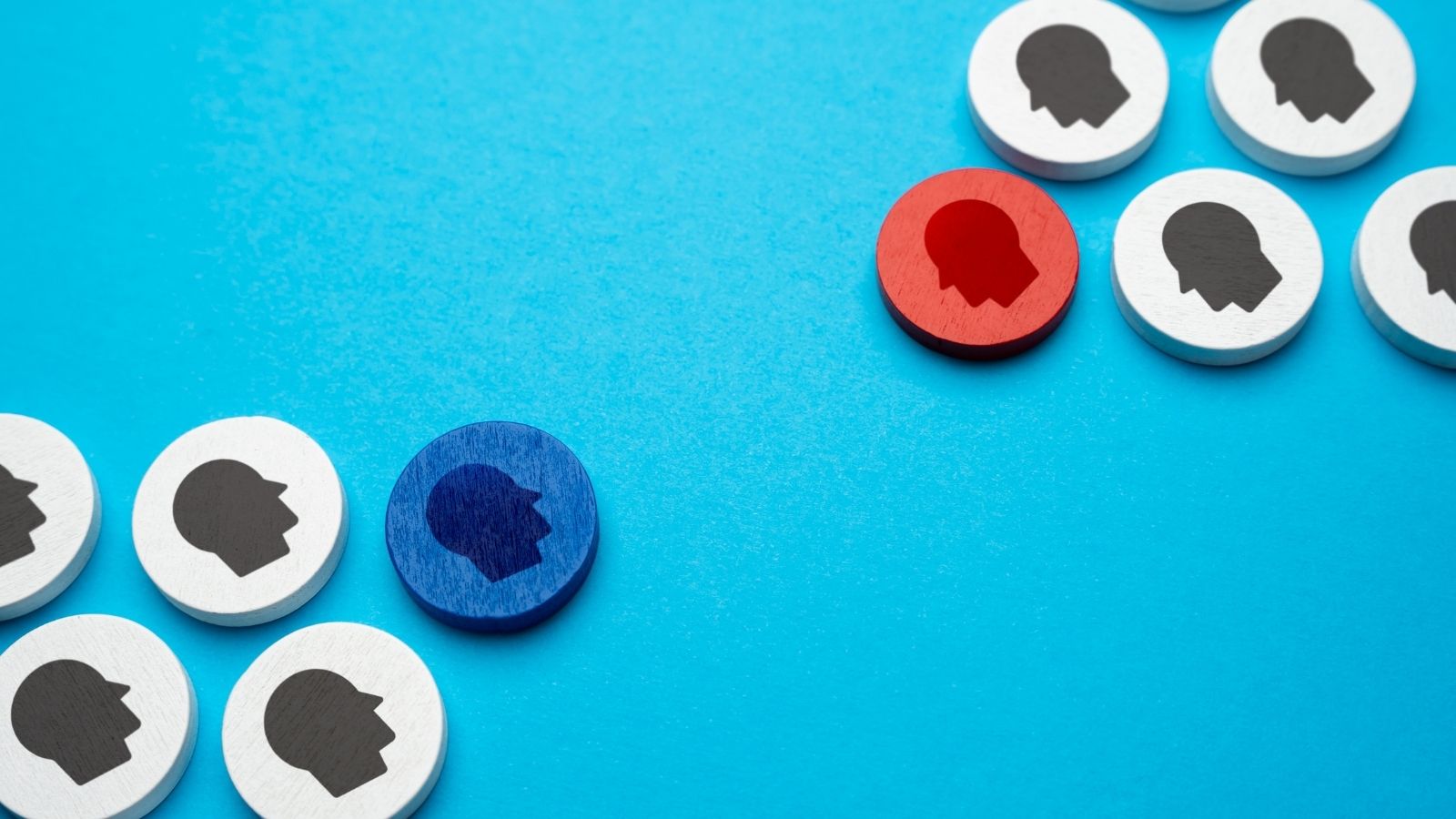
The algorithm most social media platforms follow is designed to offer users content that they’re attracted to more. This reinforces the users’ preexisting beliefs while also creating echo chambers. As a result, users fail to understand diverse perspectives, making it harder for them to unite on important issues.
Shallow Activism or “Performative Activism”
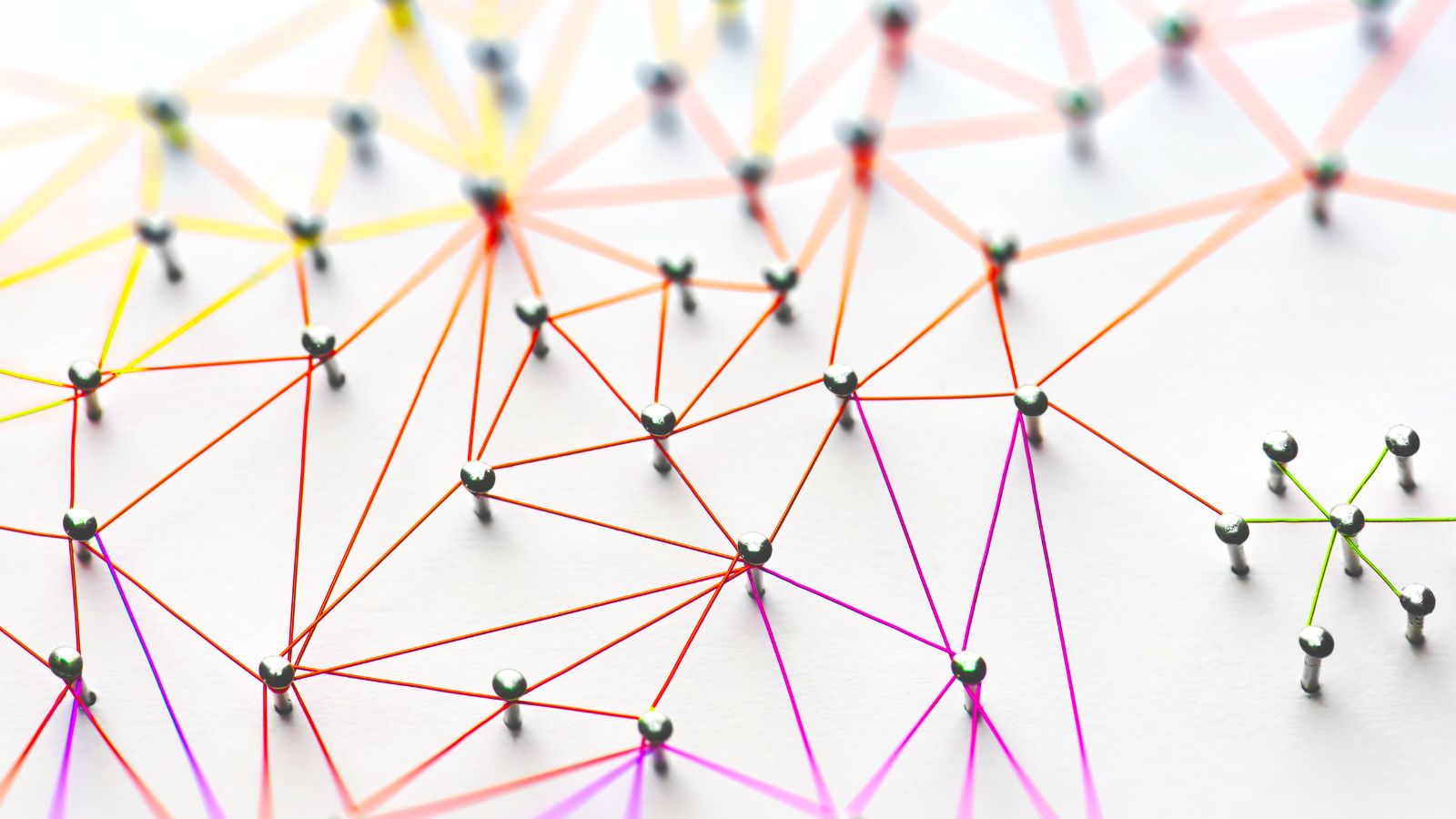
Social media has shifted the trend of supporting movements by making people think liking or resharing posts is enough. This causes performative activism, where users believe they’ve made a difference when they’ve done nothing. The movement weakened because the people’s support was lacking in real action.
Obsession with Virality

The trend of chasing virality has often made users choose unconventional, controversial, or extreme ways. This damages the online environment as the internet becomes more saturated with sensationalized yet factless content.
Growing Influence on Body Image and Mental Health

Social media promotes the perfect beauty and body standards with filters that make the unreal look real. As a result, consumers, especially youngsters, develop insecurities that eat away at their confidence and self-esteem. Moreover, it also causes body dissatisfaction, eating disorders, and several mental health issues.
Loss of Real-World Social Skills

With the world now shifting most of the interactions online, real-world social skills are gradually decreasing. People increasingly lose empathy, active listening, and other nonverbal communication skills as the online world requires different skills. This can induce loneliness as in-person interactions are often more in-depth than online ones.
Conclusion
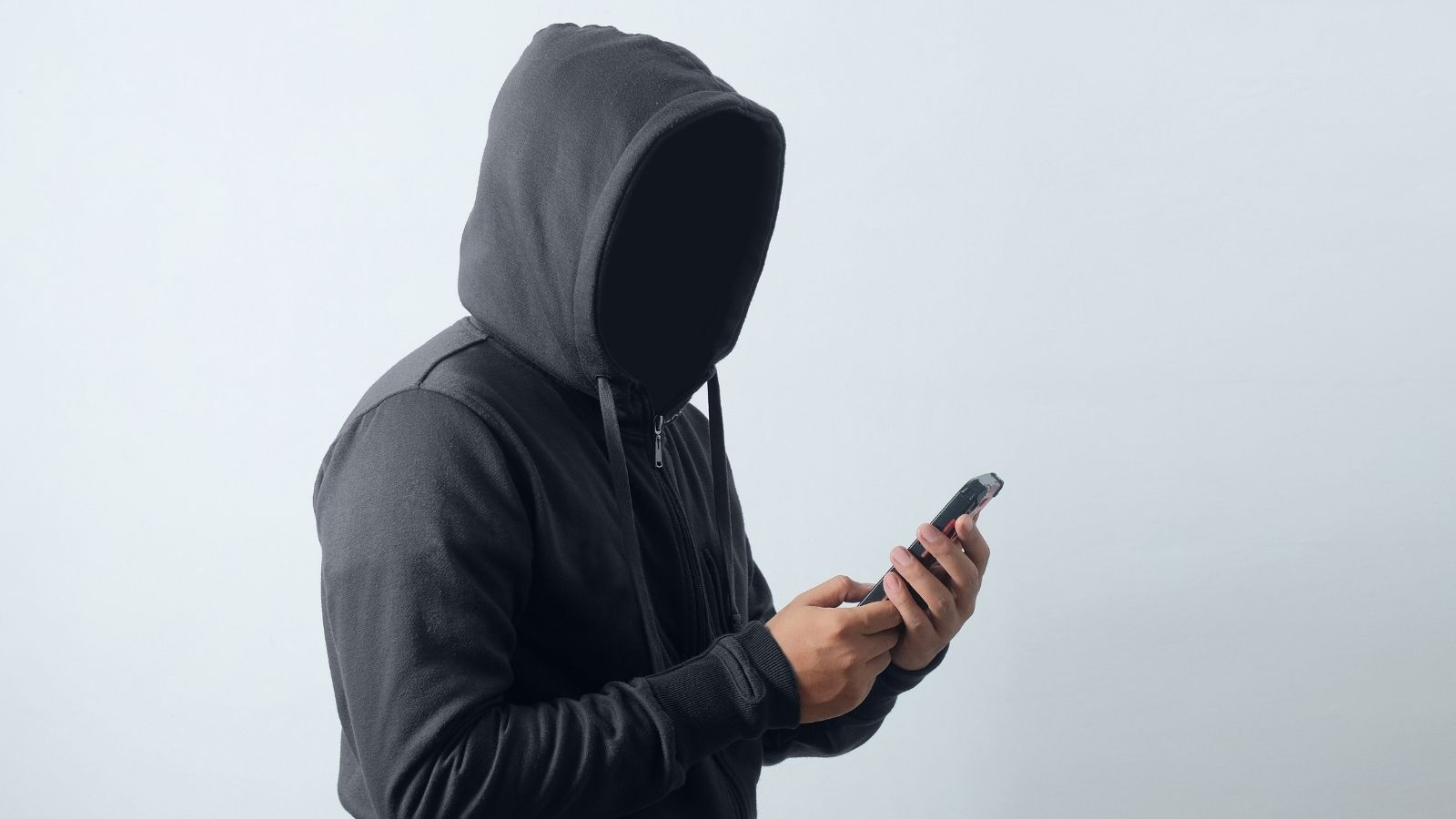
Social media is a reality that has formed its roots in almost every part of the world. Like anything, it has both positive and negative impacts, making it crucial for users to be fully informed. It’s also necessary for people not to let go of their offline life in the chase of the one on the internet. So, by being aware of these hidden influences, users can better control their lives and effectively navigate the challenges that today’s technological world presents.
18 Reasons Why People Are Leaving Florida in Masses

Exploring factors that impact the desirability of living in Florida, this list delves into various challenges shaping residents’ experiences. From environmental concerns like rising sea levels to economic factors such as fluctuating job markets, these issues collectively contribute to a nuanced understanding of the state’s appeal.
18 Reasons Why People Are Leaving Florida in Masses
